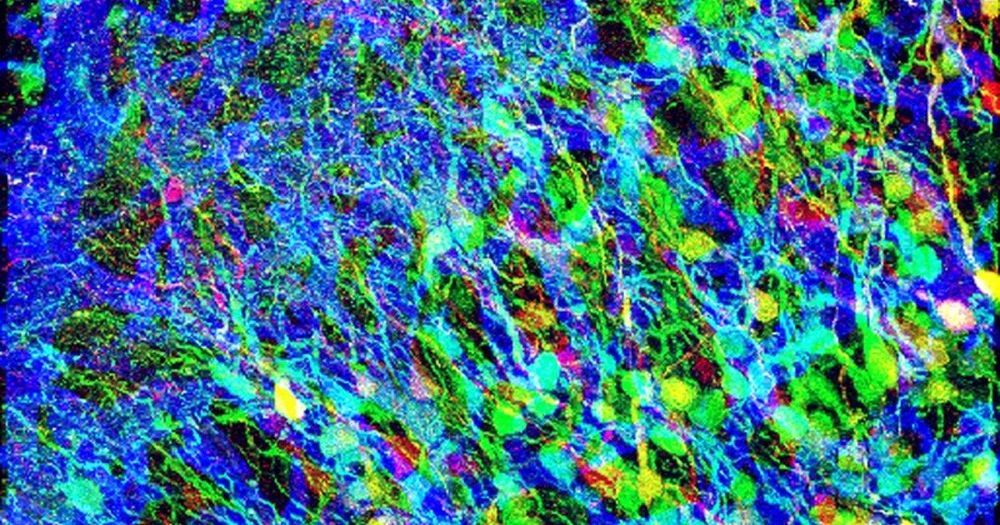Tuesday marks 50 years since three men in space suits set off on the greatest scientific adventure of all time. As the astronauts of Apollo 11 headed to the moon, the women of NASA were blazing new trails on Earth. “CBS Evening News” anchor Norah O’Donnell has their story.
Watch Full Episodes of the “CBS Evening News” HERE: http://cbsn.ws/23XekKA
Watch the latest installment of “On the Road,” only on the “CBS Evening News,” HERE: http://cbsn.ws/23XwqMH
Follow “CBS Evening News” on Instagram: http://bit.ly/1T8icTO
Like “CBS Evening News” on Facebook HERE: http://on.fb.me/1KxYobb
Follow the “CBS Evening News” on Twitter HERE: http://bit.ly/1O3dTTe
Follow the “CBS Evening News” on Google+ HERE: http://bit.ly/1Qs0aam
Get your news on the go! Download CBS News mobile apps HERE: http://cbsn.ws/1Xb1WC8
Get new episodes of shows you love across devices the next day, stream local news live, and watch full seasons of CBS fan favorites anytime, anywhere with CBS All Access. Try it free! http://bit.ly/1OQA29B
–
The “CBS Evening News” premiered as a half-hour broadcast on Sept. 2, 1963. Check local listings for CBS Evening News broadcast times.






